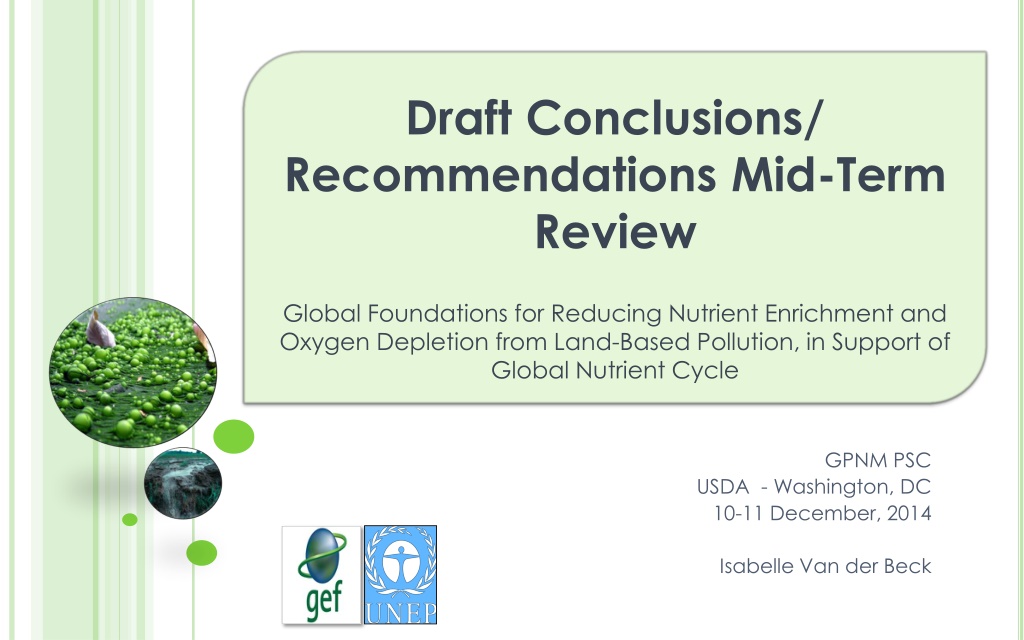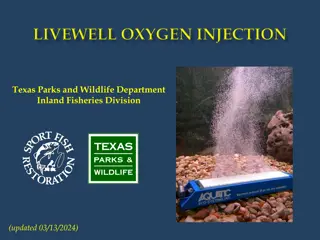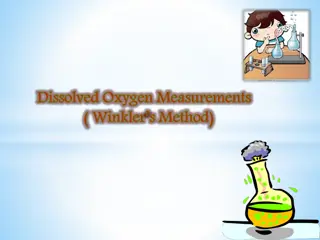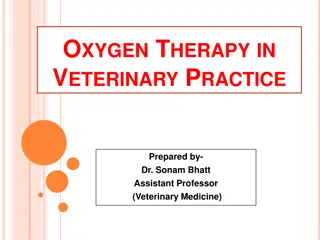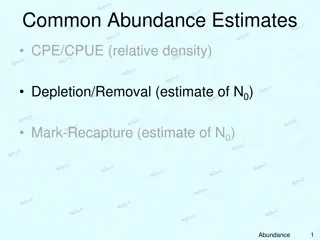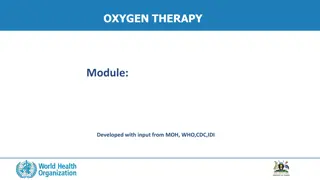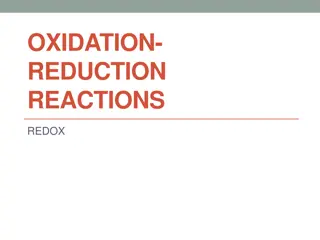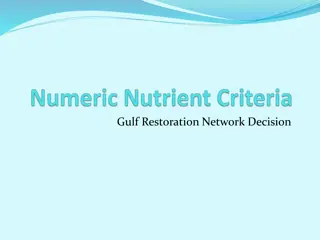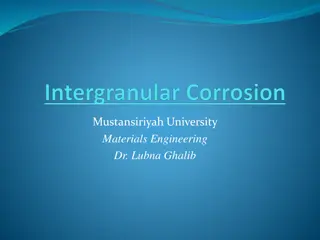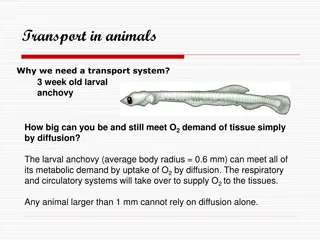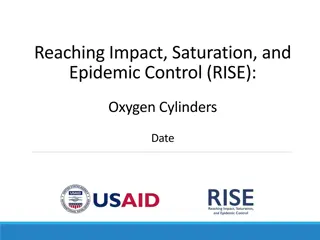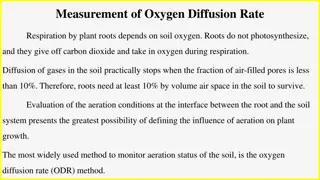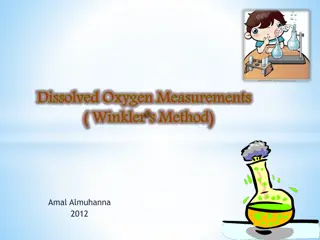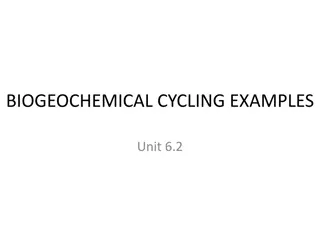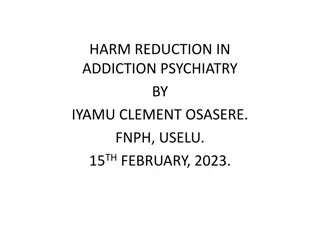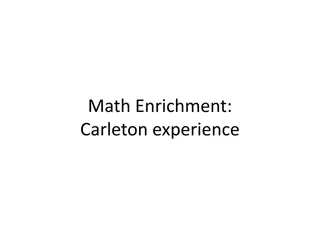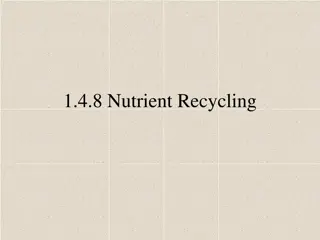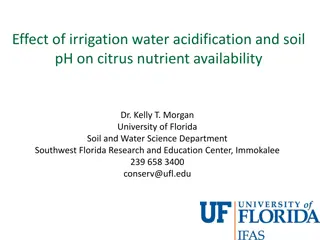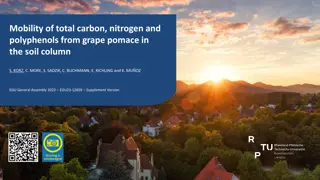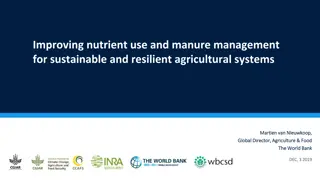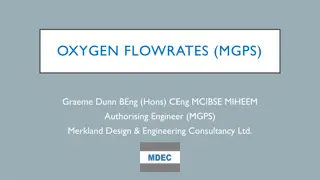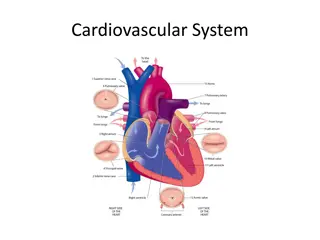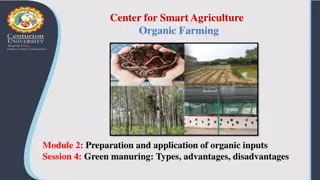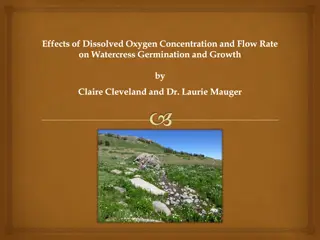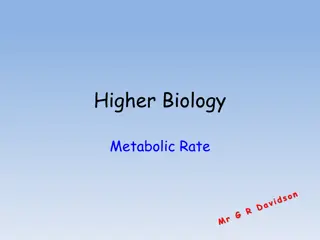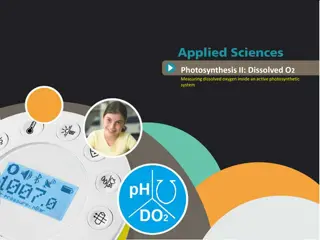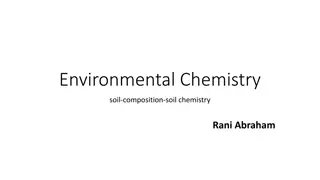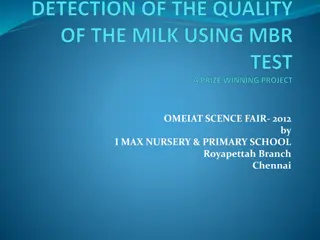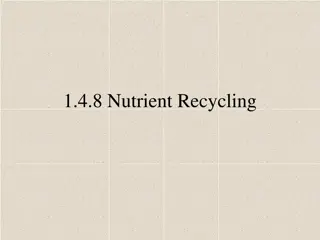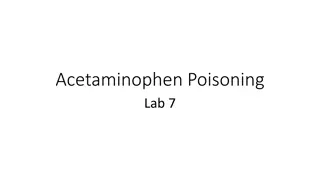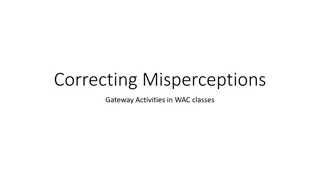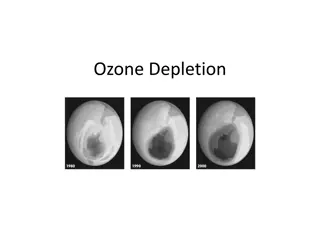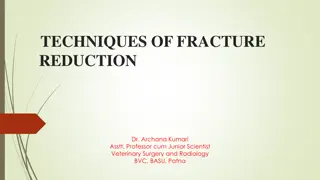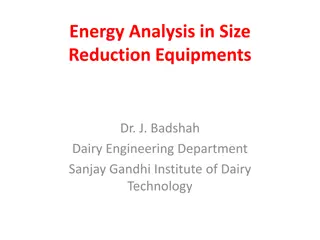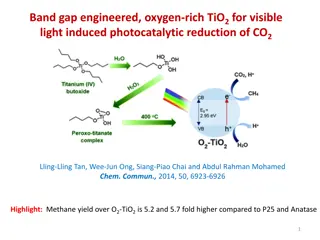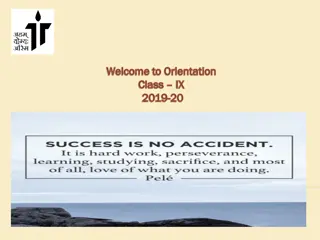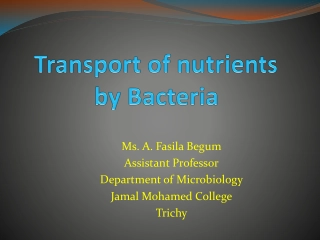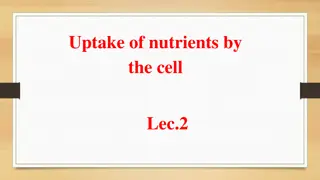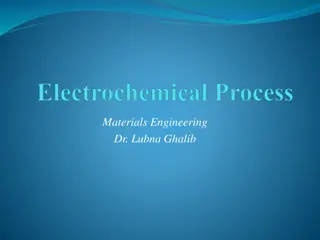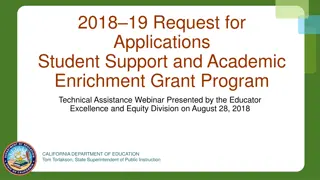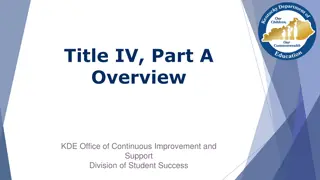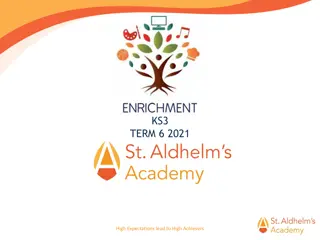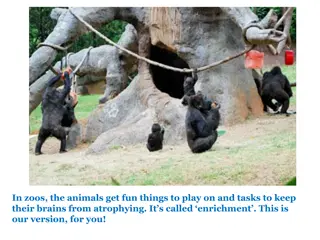Mid-Term Review on Nutrient Enrichment and Oxygen Depletion Reduction Strategies
The Mid-Term Review evaluated the effectiveness, efficiency, relevance, and sustainability of projects aimed at reducing nutrient enrichment and oxygen depletion from land-based pollution. Key findings highlighted successful pilot projects, the need for improved M&E reporting, and the importance of building partnerships across economic sectors. Recommendations included enhancing project management, implementing a communication strategy, and revising work plans and budgets.
Download Presentation

Please find below an Image/Link to download the presentation.
The content on the website is provided AS IS for your information and personal use only. It may not be sold, licensed, or shared on other websites without obtaining consent from the author. Download presentation by click this link. If you encounter any issues during the download, it is possible that the publisher has removed the file from their server.
E N D
Presentation Transcript
Draft Conclusions/ Recommendations Mid-Term Review Global Foundations for Reducing Nutrient Enrichment and Oxygen Depletion from Land-Based Pollution, in Support of Global Nutrient Cycle GPNM PSC USDA - Washington, DC 10-11 December, 2014 Isabelle Van der Beck
MTR - OBJECTIVES Consistent with UNEP and the GEF expectations to evaluate/review project at Mid-Term Determine project achievements against design/logframe and assess: Effectiveness Efficiency Relevance Sustainability Project design and execution aspects Implementation arrangements M&E Financial management
GENERAL CONCLUSIONS Project investigations critical to understanding of nutrients in general and specific to many GEF IW projects Project team appropriate, highly competent and motivated Pilot projects very successful, effectively implemented and with signs of local impacts Low visibility of the project (website more of a document repository) M&E reporting of financial and technical progress not as expected Project actual costs not available on a component/activity basis EA/PCU needs to prepare workplan, budget and revise logframe/indicators/targets (asap)
LESSONS Importance of ground truthing through pilots (good examples from L Chilika and Manila Bay work) E.G. From PEMSEA pilot: Nutrient management entails building awareness, understanding and commitment across economic sectors that normally do not work together (cities, agriculture aquaculture, forestry, manufacturing). An adaptive learning process can build partnerships and strengthen collaboration across these sectors. By example, the innovative modelling and forecasting tools developed under this project provide a focus for communications and data sharing among the different local stakeholders and a means to improve understanding of perspectives, problems and solutions . Lack of Communications Strategy & informative website have negative impact on overall project Important that changes in PCU staff and interim reporting mechanism be made clear
RECOMMENDATIONS Project Management Logframe and indicators Technical and financial reports Workplan and budget for revised time-line Project actual costs Gender Exit Strategy 1. 2. 3. 4. 5. 6. Communications 1. Communication Strategy 2. Website 3. Experience Notes
OVERALL CONCLUSIONS Project has potential to be very successful and have is expected to have significant benefits to understanding of nutrient management Addressing the project management and communications aspects will help with the impact of the actions beyond the project partners/GPNM PSC
